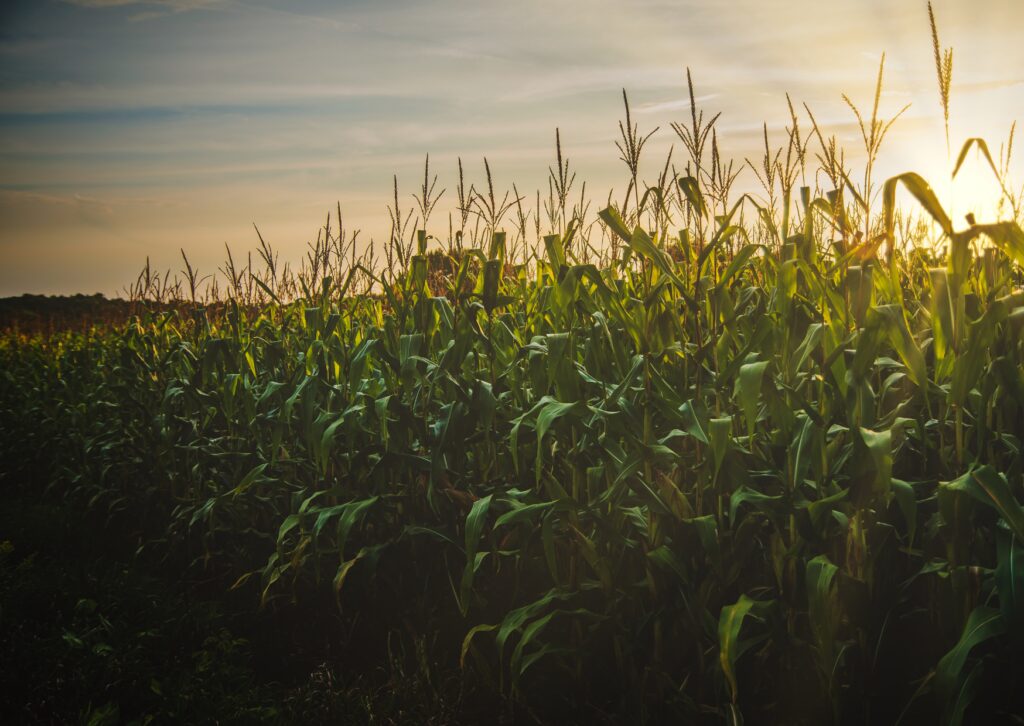At Mountain Plains Agency, we recognize the vital role agriculture plays in our communities and the unique challenges farmers face. Agriculture insurance is a crucial tool for protecting your farm’s assets, ensuring stability, and fostering growth. Whether you are dealing with natural disasters, managing livestock, or maintaining equipment, having the right insurance can make all the difference. In this article, we’ll explore the key benefits of agriculture insurance for farmers, focusing on how it can safeguard your livelihood and support sustainable farming practices.
What Is Agriculture Insurance?
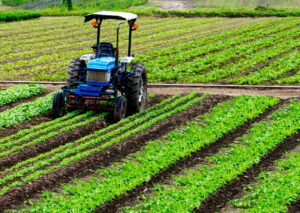
Agriculture insurance is designed to protect the various aspects of farming operations and some farm bills, providing coverage for crops, livestock, equipment, and farm structures. Unlike other types of insurance, it specifically caters to the unique risks faced by farmers, such as natural disasters, market fluctuations, and disease outbreaks. Policies like those offered by Mountain Plains Agency ensure that farmers and ranchers can continue their operations even in the face of unexpected challenges.
Why Is Agriculture Insurance Essential for Farmers?
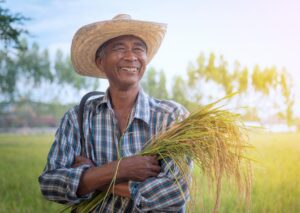
Agriculture insurance is crucial for safeguarding farm assets and ensuring the sustainability of farming businesses with the help of private insurers. Without proper insurance, farmers are exposed to significant financial risks that can arise from crop failures, livestock losses, or equipment damage. By investing in agriculture insurance, farmers can mitigate these risks, ensuring their livelihood and the stability of their farming operations.
How Does Agriculture Insurance Protect Against Natural Disasters?
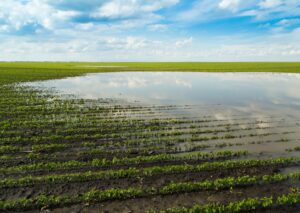
Natural disasters such as floods, droughts, and storms can devastate crops and livestock, leading to severe financial losses for farmers. Agriculture insurance provides coverage for these events, helping farmers recover quickly. For example, a drought can significantly reduce crop yields, but with insurance, farmers receive compensation based on pre-determined crop prices, helping them manage their losses and continue farming.
What Financial Benefits Does Agriculture Insurance Offer?

Investing in agriculture insurance can lead to several financial benefits. Policies can cover the costs associated with crop failures, livestock losses, and damage to farm equipment. This compensation helps farmers maintain financial stability, even during challenging times. Additionally, certain insurance premiums may be tax-deductible, reducing the overall cost of coverage and providing further financial relief.
How Does Agriculture Insurance Support Livestock Management?
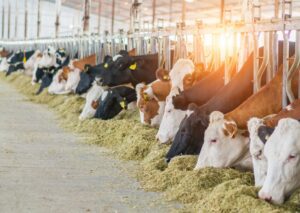
Agriculture insurance isn’t just about crops; it also covers livestock. Farmers can get coverage for their animals, protecting against risks such as disease, theft, and accidental death. For example, if a rancher loses cattle due to a disease outbreak, agriculture insurance will provide compensation, helping the farmer manage losses and recover quickly.
Can Agriculture Insurance Cover Farm Equipment and Infrastructure?
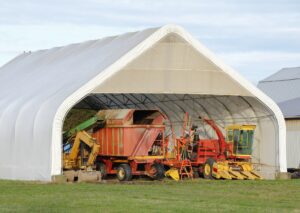
Yes, agriculture insurance can cover farm equipment and infrastructure. Policies often include coverage for tractors, harvesters, and other machinery, as well as farm buildings and storage facilities. This protection is vital for maintaining the operational capabilities of a farm, ensuring that farmers can continue their work without major disruptions caused by equipment failure or damage.
What Are the Legal Requirements for Agriculture Insurance?

In some regions, having agriculture insurance is a legal requirement. The federal government mandates certain types of coverage to ensure that farms can withstand significant losses. Compliance with these regulations not only protects the farm but also ensures eligibility for government assistance programs and subsidies. For example, the federal crop insurance program provides financial support to farmers who meet specific insurance requirements.
How Can Farmers Customize Their Agriculture Insurance Policies?

Farmers can tailor their agriculture insurance policies to meet their specific needs. Customization options include selecting coverage levels for different types of crops, livestock, and equipment. This flexibility ensures that farmers pay only for the coverage they need, optimizing their investment in insurance. For instance, a farmer specializing in dairy production can choose a policy that focuses on the risks associated with livestock rather than crop production, you may check into USDA for more insurance policies for Farmers in the United States.
What Role Does Agriculture Insurance Play in Environmental Protection?

Agriculture insurance can encourage sustainable farming practices by offering coverage for environmentally friendly operations. Policies may include pollution liability coverage, and protecting farmers against claims related to environmental damage. This support helps farmers adopt practices that protect natural resources while maintaining their insurance coverage.
How Does Agriculture Insurance Contribute to Community Stability?

By protecting individual farms, agriculture insurance contributes to the stability of local economies and food supply chains. When farmers are insured, they can recover from losses more quickly, ensuring a steady supply of food and agricultural products. This resilience benefits not only the farmers but also the broader community that relies on them.
What Are the Common Claims Processed Under Agriculture Insurance?

Common claims under agriculture insurance include those for crop damage due to weather events, livestock losses from disease, and equipment breakdowns. For example, if a severe storm destroys a farmer’s crops, the insurance will cover the financial losses based on the pre-determined crop prices. Understanding the claims process and the types of claims covered can help farmers utilize their insurance effectively.
Secure Your Farm’s Future with Comprehensive Agriculture Insurance

Don’t wait until disaster strikes. Ensure your farm is fully protected with comprehensive agriculture insurance from trusted providers like Mountain Plains Agency. Contact us today to get a personalized insurance quote tailored to your farming needs. Protect your livelihood and secure your farm’s future with the best coverage available.
In conclusion, investing in agriculture insurance is a smart and necessary step for any farmer. By protecting against a wide range of risks, including natural disasters, livestock issues, and equipment failures, agriculture insurance ensures the stability and sustainability of farming operations. Let’s take the necessary steps to secure our farms and provide peace of mind for our agricultural community.
Frequently Asked Questions: What Are the Key Benefits of Agriculture Insurance for Farmers?
Q: What is agriculture insurance and why is it important for farmers?
A: Agriculture insurance is a specialized form of coverage designed to protect farming operations, including crops, livestock, equipment, and farm structures. It’s crucial for farmers as it safeguards their livelihood against various risks such as natural disasters, market fluctuations, and disease outbreaks. This insurance helps manage financial losses and ensures the sustainability of farms, even in challenging times.
Q: How does agriculture insurance protect against natural disasters like drought?
A: Agriculture insurance provides coverage for natural disasters, including drought, floods, and storms that can devastate crops and livestock. For instance, if a drought significantly reduces crop yields, insurance compensates farmers based on pre-determined crop prices. This helps producers recover quickly and continue their operations despite adverse weather conditions.
Q: Can agriculture insurance cover both crops and animals?
A: Yes, agriculture insurance can cover both crops and animals. For crops, it protects against yield losses due to various risks. For livestock, it covers risks such as disease outbreaks, theft, and accidental death. This comprehensive coverage ensures that farmers can protect all aspects of their agricultural operations, from plant cultivation to animal husbandry.
Q: How do premiums and coverage work in agriculture insurance?
A: Insurance premiums in agriculture vary based on factors such as the type of crops or livestock, location, and chosen coverage levels. Farmers can customize their policies to fit their specific needs, ensuring they only pay for the coverage they require. Some insurance costs may be subsidized through programs like the federal crop insurance program, making it more affordable for farmers to protect their operations.
Q: How does agriculture insurance contribute to the broader community and country?
A: By protecting individual farms, agriculture insurance contributes to the stability of local economies and food supply chains across the country. When farmers are insured, they can recover from losses more quickly, ensuring a steady supply of agricultural products. This resilience benefits not only the farmers but also the broader community that relies on their resources, contributing to national food security and economic stability.

